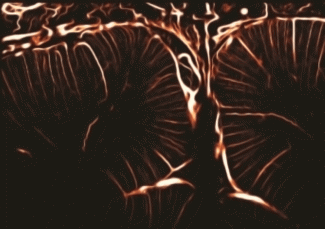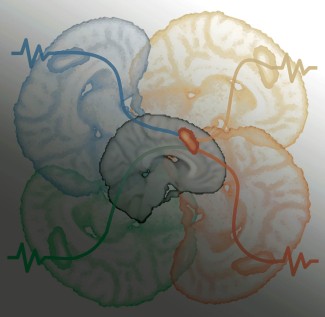The scientific and medical strategy of Paris Brain Institute is based on a transdisciplinary and synergistic approach combining basic and translational research, clinical expertise and support of advanced technological platforms. This organization enables it to meet the challenges of understanding the nervous system and its diseases and to benefit from a strong international presence, which is becoming increasingly visible.
The ambition of Paris Brain Institute
Paris Brain Institute was created to be the home of major discoveries about how the brain works, both in health and disease, and to accelerate innovation for the benefit of patients.
In order to become a leader in the prevention and treatment of diseases of the nervous system, Paris Brain Institute cultivates research excellence in Neuroscience, supported by an effective innovation strategy. With a policy of attracting international talent and the creation of a unique training place open to society and the world.
Paris Brain Institute Strategy
By seeking to understand the normal functioning of the nervous system through basic science, Paris Brain Institute's research provides the foundation for understanding neurological and psychiatric disorders, and aims to reduce the impact of these disorders on individuals, their families and society.
Neuroscience is concerned with the functioning of the brain and spinal cord from molecules to cognition, and at multiple intermediate scales. Paris Brain Institute proposes to address brain and spinal cord activities at multiple scales rather than focusing on individual advances reduced to a field. In recent decades, breakthroughs have provided new tools and techniques for observing and even controlling brain activity: the sequencing of the human genome, revolutionary imaging technologies, discoveries in nanosciences and physics, optogenetics, etc. By transcending traditional research boundaries and continuing its efforts in translational research, Paris Brain Institute is positioning itself • catalyzing research on the brain and its diseases, both locally and internationally.
The main challenges facing Paris Brain Institute are:
- Deciphering the neural code and understanding the development and functioning of neural networks from the synapse to the brain network.
- Discovering the origin of thoughts, behaviour and identity
- Address diseases of the nervous system through a basic/translational/clinical research coalition.
- Develop a new generation of customized tools/care/treatment for patients with nervous system diseases.
To support the cutting-edge work of its scientists and clinicians, Paris Brain Institute has developed leading-edge technology platforms and efficient facilities, enabling preclinical and clinical exploration of brain structure and function, while fostering translational research.
Clinical research relies heavily on the Centre for Clinical Investigation Neurosciences (CIC) present on site.
Health innovations are also supported by a comprehensive set of clinical research platforms dedicated to neuroscience, from the bench to the bedside, and are translated into applications thanks to the strong support of our technology transfer department, including the start-up incubator.
Five major scientific domains
Paris Brain Institute's scientific community is organized around 5 domains that represent the specific approaches of our researchers.
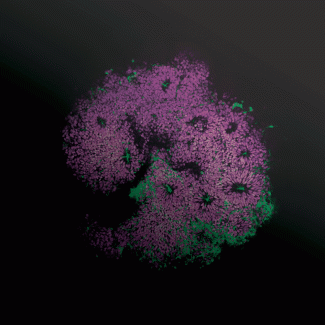
Identifying genetic, molecular and cellular mechanisms
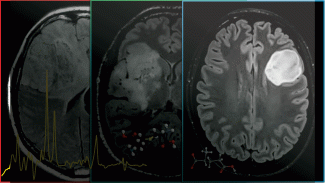
Fostering the development of translational research
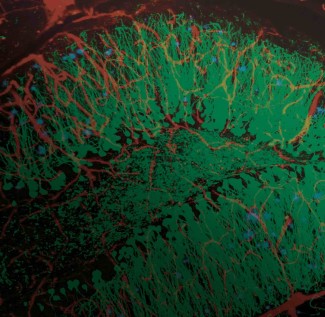
Understanding the Healthy and Pathological Brain
Scientific teams
Teams represent the Institute's reference research entity. Each team is organized around a research program motivated by a common scientific question. They are led by one or two team leaders - usually a researcher/clinician-researcher pairing - and are made up of investigators (PIs), engineers, research staff and their students.
A PI (principal investigator) is a permanent scientist on a research team, usually a researcher, teacher-researcher or clinician-researcher. The PI is in charge of a line of research integrated into the team's program. He or she is responsible for supervising the team and obtaining the funding needed to conduct the research. Each PI is attached to one or more major scientific fields.
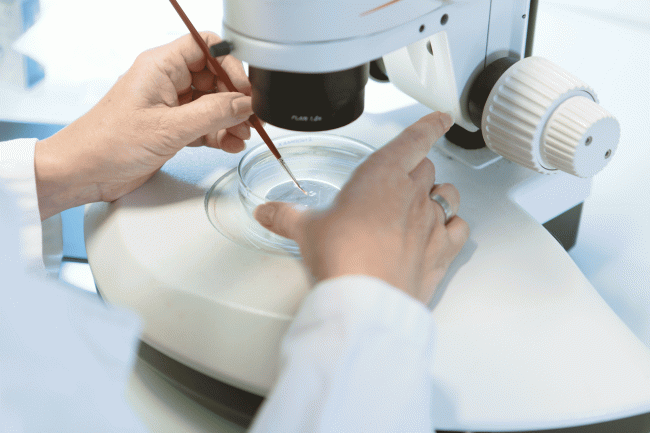
Cross-functionnal projects
In order to meet the challenges of understanding diseases of the nervous system, Paris Brain Institute has chosen to promote research around cross-functionnal and multidisciplinary research programs. This organisation involves all the researchers of Paris Brain Institute in scientific / technological choices and stimulates collaborations through bold interdisciplinary projects, creating new research interfaces.
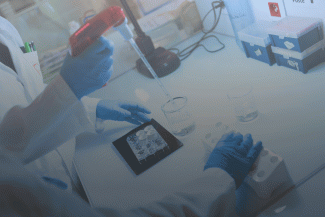
Cross-functionnal, interdisciplinary and collaborative research programs
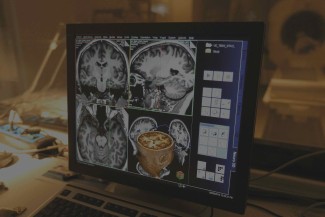
Innovative, interdisciplinary and high-risk projects


